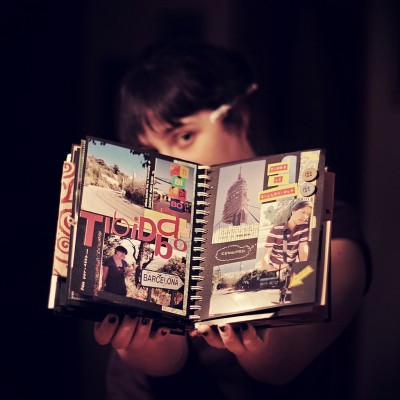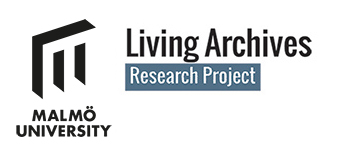
Image credit: Flickr user Piero Fissore
The Nordic folklore archives (folklivsarkiven) gather stories from people’s lives in the Nordic countries. A major challenge that these archives face today is how to make the archives more accessible and how to renew the collecting methods so that a bigger and more geographically and socially diverse group of contributors can contribute stories. Another challenge is how to make the rich material in the archives available to the public in a more attractive way.
On Sep 23, we invite you to a half-day seminar on these topics. See details below.
The Living Memories (Levande Minnen) project is a collaboration between three Nordic folklore archives in Sweden, Norway, and Denmark, in collaboration with the game company Ozma in Malmö, researchers from the Living Archives project at Malmö Universit,y and the Institution of Cultural Sciences at Lund University.
The aim is to develop a new method and a creative tool that can be used to collect memories and stories from the public as well as disseminate the archive material using social media. Inspiration is taken from scrapbooking, remixing, and so-called gamification.
The seminar is open to the public. To register, contact: anton.overhem@gmail.com
Date: September 23, 9-12 (lunch is included, starts at 12)
Location: Medea, Malmö University. Ö. Varvsg. 11 A (map)
Last date to register: September 16 (send an email to anton.overhem@gmail.com to register)
Limited number of participants.
Programme
8.30-9 Breakfast served by Tapori Tiffins
9-9.15 Introduction, Ozma
9.15-9.25 Presentation of Living Archives, Susan Kozel
9.30-10 Lecture, Veera Kinnunen, University of Lapland
10.10-10.55 Presentations by Folklivsarkivet i Lund, Norsk Folkemuseum and Dansk Folkemindesamling
11-11.45 Workshop
11.45-12 Round up
12-13 Lunch served by Tapori Tiffins
Workshops
In the 45 minutes workshop we will use 4 tables with one facilitator each. The participants are free to change table at any time. The subjects we will explore are the following:
1. Methods of collecting new stories (How can it be improved?)
2. The historical material in the archives (How can it be used?)
3. Rights, CC-licensing, platforms, ethical questions (What are the challenges?)
4. Financing and organisation (How can we make this happen? What happens after the project is over?)
The facilitators will summarize these discussions during the round up. We will document the seminar and send out the results soon afterwards.



